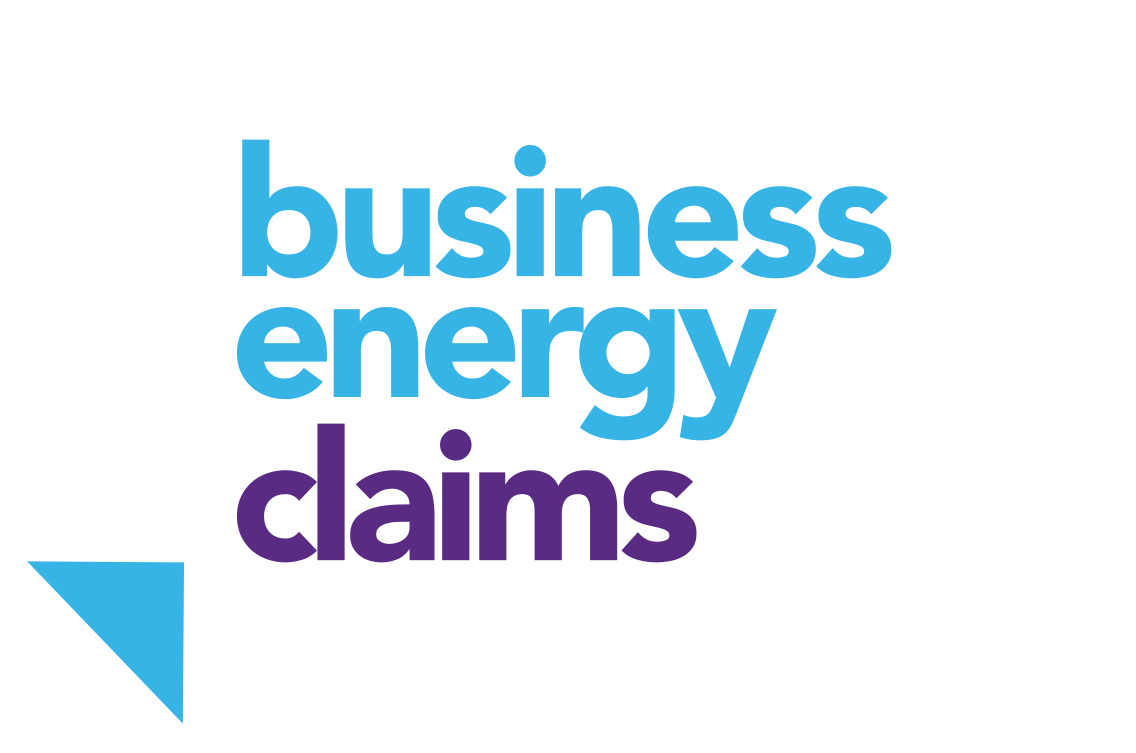Energy brokers assist businesses in navigating the complexities of the energy market by negotiating favourable rates and oversee contract management. However, many brokers earn commission through structures that are not always transparent, and in some cases, unethical practices can lead to businesses overpaying for their energy.
At Business Energy Claims, we have seen first-hand how unclear agreements and hidden commissions can cost businesses thousands. That’s why it’s essential to carefully review energy broker agreements before signing.
Understand the Commission Structure
The first step is to understand how your broker is being paid. Common commission models include:
- Flat Fee: A fixed amount paid upfront or over the contract term.
- May include additional charges like transaction or management fees.
- Always review the full scope of services and any extra costs.
- Percentage of Energy Cost: A commission based on your total energy spend.
- May encourage brokers to secure competitive rates, though this isn’t guaranteed.
- Some brokers receive higher commissions from suppliers and may disguise this as a benefit to your business.
- Many embed their commission in your unit rate, making it hard to detect.
Tip: Ask for a breakdown of how the broker earns their commission and whether it’s included in your energy rate.
Review the Commission Rate
Once you understand the structure, assess whether the rate is fair and competitive.
Commission rates vary based on:
- Business size
- Contract length
- Broker experience
Compare rates with other brokers and industry averages. If the rate seems high or vague, ask for clarification.
Look for Hidden Fees
Some brokers include undisclosed fees such as:
- Administrative charges
- Transaction fees
- Mark-ups on unit rates
These can significantly inflate your energy costs. Always:
- Request a full fee breakdown
- Clarify any ambiguous terms
- Avoid brokers who won’t disclose their earnings
Check for Conflicts of Interest
Some brokers have preferred supplier relationships, earning higher commissions for steering clients toward specific deals. This can compromise their impartiality.
Look for signs of bias in the agreement, such as:
- Incentives tied to specific suppliers
- Lack of market comparison
- Limited quote options
Tip: Ask if the broker is independent and whether they receive different commission rates from different suppliers.
Understand the Termination Clause
Before signing, review the termination terms:
- Are there penalties for early exit?
- Is there a notice period?
- Can you renegotiate if market conditions change?
Understanding your rights can prevent costly surprises later.
Check If You Have a Claim
If you’ve used an energy broker and suspect hidden fees or mis-selling, you may be eligible to reclaim thousands of pounds. Business Energy Claims offers:
- No-Win, No-Fee claims process
- Expert support to recover lost funds
Worried about hidden fees in your energy contract? Business Energy Claims can help. Contact our experts today.
